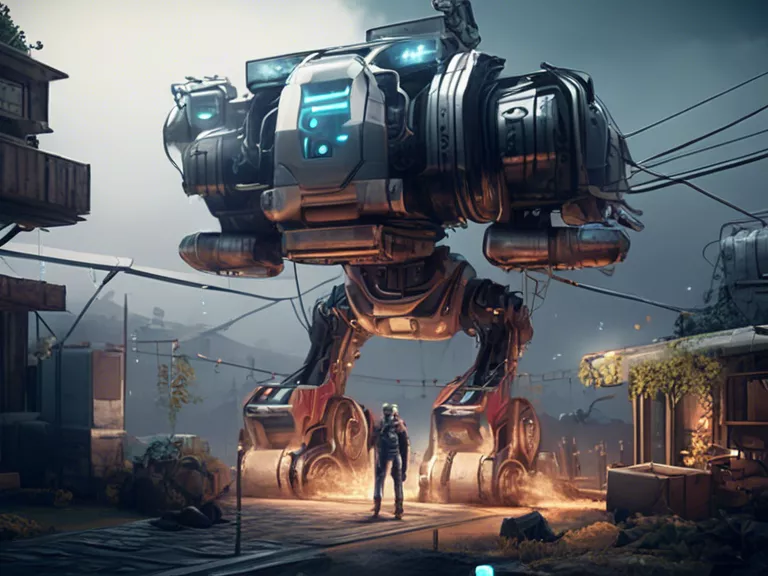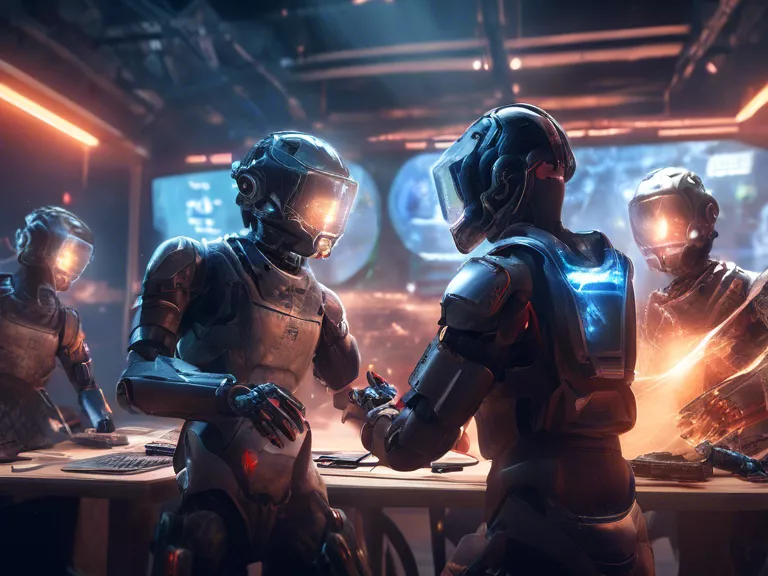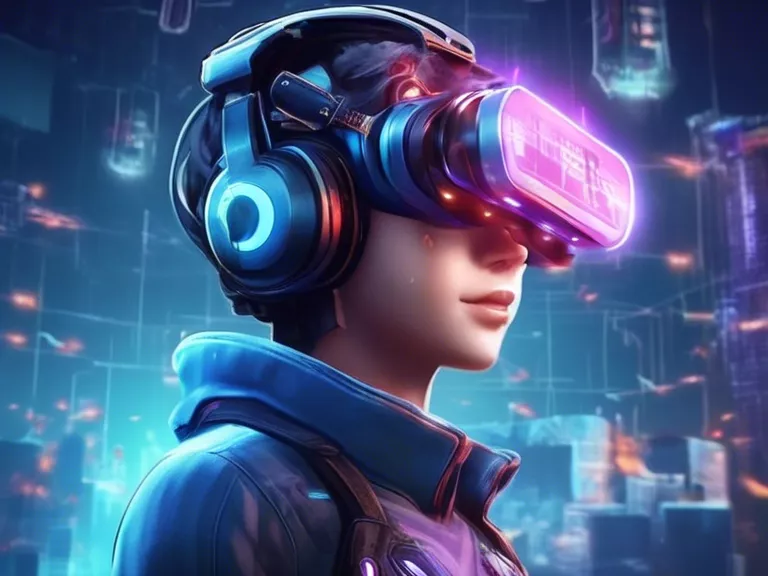
In the world of video games, replayability is a key factor that keeps players coming back for more. Procedural content generation has long been used to create dynamic and ever-changing game worlds, but with the advancement of artificial intelligence (AI), this technology is reaching new heights. AI is now being utilized to enhance procedural content generation, leading to endless possibilities and replayability for gamers.
One of the main benefits of using AI in procedural content generation is the ability to create more diverse and unpredictable game worlds. Traditional procedural generation techniques often rely on pre-defined rules and algorithms, which can result in predictable patterns and limited variation. However, AI can analyze player behavior in real-time and adjust the game world accordingly, creating a truly unique experience for each player.
Another advantage of AI-enhanced procedural content generation is the ability to adapt to player skill levels and preferences. By analyzing player data and feedback, AI can generate content that is challenging yet enjoyable for each individual player. This personalized approach to content generation ensures that players are constantly engaged and motivated to keep playing.
Furthermore, AI can also help developers streamline the game development process by automating the generation of content such as levels, environments, and missions. This not only saves time and resources but also allows for more experimentation and creativity in game design. With AI handling the bulk of content generation, developers can focus on refining gameplay mechanics and narrative, resulting in a more polished and immersive gaming experience.
In conclusion, AI is revolutionizing procedural content generation in video games, leading to endless replayability and player engagement. By leveraging the power of AI, developers can create dynamic and personalized game worlds that keep players coming back for more. The future of gaming is bright, thanks to AI-enhanced procedural content generation.



